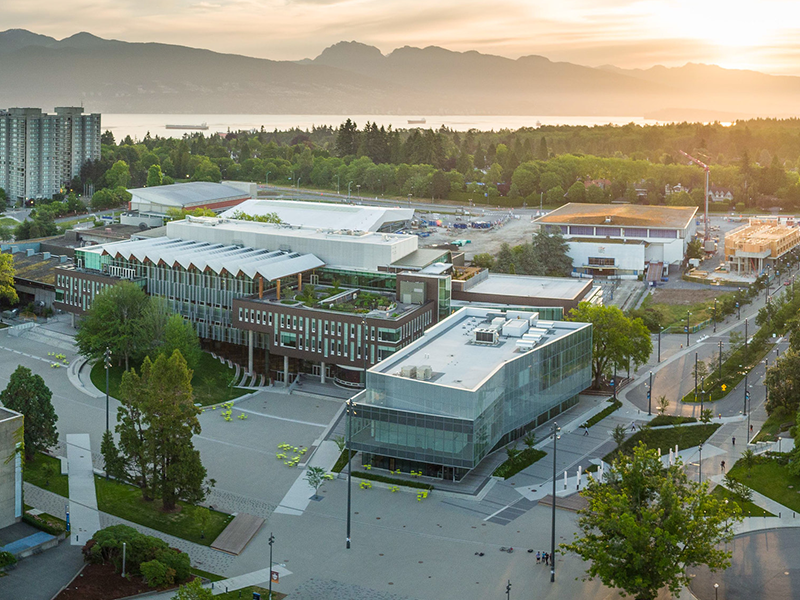Chemistry, Math and CS researchers elected to RSC
September 7, 2021

September 7, 2021

Three UBC Science researchers have been elected to join the Royal Society of Canada. Professors Alejandro Adem, Curtis Berlinguette and Raymond Ng join over 40 UBC Science researchers in the RSC since 2000.
The Royal Society of Canada elects scholars who have made significant contribution in three different areas—Arts and Humanities, Social Sciences and Science. Election to the RSC is the highest honour a scholar can achieve in Canada for these areas.
“This year, the Royal Society of Canada welcomes an outstanding cohort of artists, scholars and scientists, all of whom have excelled in their respective disciplines and are a real credit to Canada,” says RSC President Jeremy McNeil.
Dr. Adem’s research interests include algebraic topology, group cohomology, and related areas. In recent years, he has focused on educational and research leadership, having served on a variety of scientific, editorial, and governance boards in the global mathematics community. He previously led Mitacs in expanding internships across Canada and abroad and establishing an Indigenous engagement initiative. Today, he is a part of the NSERC Council, Canada Research Coordinating Committee, Global Research Council, and more.
The Berlinguette lab explores, discovers and uses advanced materials to serve an ever-growing need for high-performance, low-cost alternative energy technologies. His research group connects artificial intelligence with automation to accelerate materials science discovery and translation with the mission to transform how materials research is done. Currently, they employ artificial intelligence to develop HTM films with super conductivity and durability for the next generation of solar cells. In addition to solar electricity, the team is also exploring the storage and transportation of energy to mitigate the negative environmental impact of current energy production methods, as well as CO2 reduction.
Dr. Ng’s research areas are in data mining, text mining, health informatics, sensor analytics and databases. In the last 10 years, he has focused on genomics data, working on the development of biomarker panels for various conditions related to organ failures. He also focuses on text data, with the objective to create meta data, such as natural language summaries, to facilitate access to otherwise unstructured raw data. He launched and currently directs UBC’s Data Science Institute.
We honour xwməθkwəy̓ əm (Musqueam) on whose ancestral, unceded territory UBC Vancouver is situated. UBC Science is committed to building meaningful relationships with Indigenous peoples so we can advance Reconciliation and ensure traditional ways of knowing enrich our teaching and research.
Learn more: Musqueam First Nation